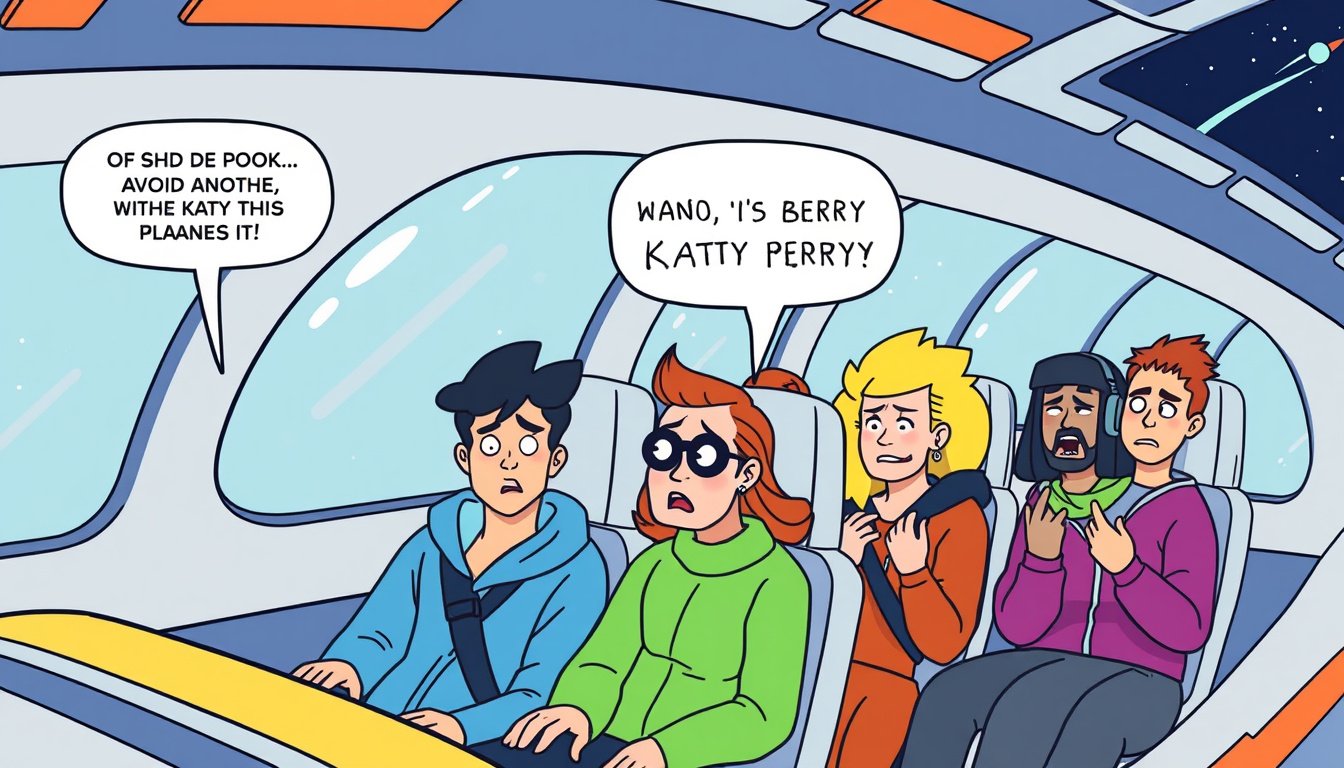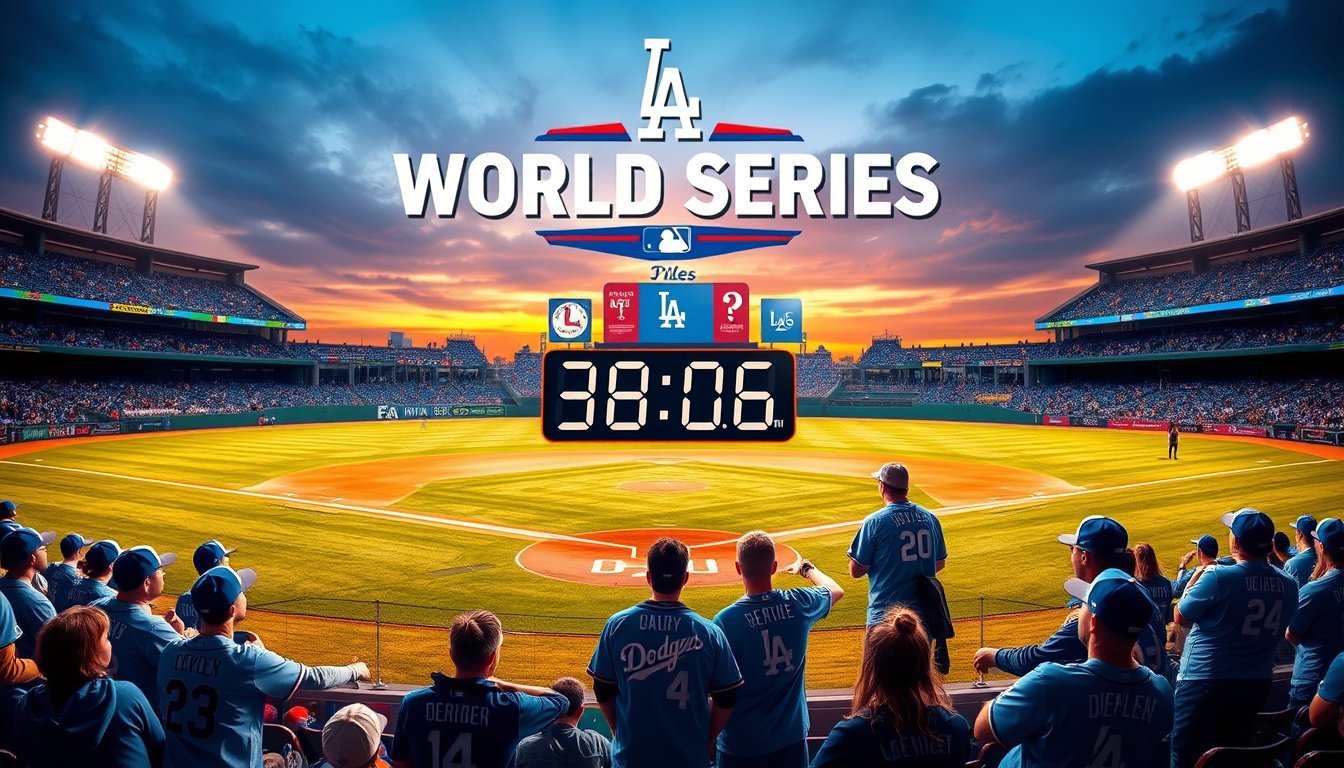In an unexpected twist during a recent space tourism venture, passengers found themselves not just sharing the confines of a rocket but also the musical abilities of pop sensation Katy Perry. The incident highlights a mix of humor and exasperation that often accompanies celebrity culture, especially when it collides with the grandiosity of commercial space travel.
On a flight aboard Blue Origin’s New Shepard rocket, Katy Perry, along with notable figures like CBS journalist Gayle King and Blue Origin CEO Jeff Bezos’ fiancé Lauren Sánchez, ventured to the edge of space—a mere 66 miles above Earth. The experience, typically a thrilling milestone for the adventurous elite, took an amusing turn when Perry decided to serenade her fellow passengers with a rendition of "What a Wonderful World," a classic originally sung by Louis Armstrong. While Perry’s emotional journey captivated her, the same cannot be said for her peers, who amusingly encouraged her to instead showcase one of her many chart-topping hits.
This peculiar moment raises a broader conversation about the nature of celebrity, the arts, and public interactions in extraordinary settings. As Perry explained her song choice—a move she claimed was influenced by her "higher self"—the passengers possibly envisioned a more upbeat, catchy pop ballad that could amplify the shared experience of their cosmic excursion. Instead, they found themselves listening to a choice that seemed more apt for a peaceful Earthly reflection than a celebratory space odyssey.
Perry’s subsequent commentary about female empowerment and the need for "collective energy" felt somewhat disconnected from the playful ambiance of her song choice. While it’s commendable that such ventures aspire to highlight broader themes like inspiration and representation, one may wonder how much of this rhetoric aligns with the experiences of those simply wanting to enjoy their fleeting moment among the stars.
Social media quickly caught fire, with users mocking Perry’s so-called "life-changing" trip and questioning the merits of a joyride that would scarcely benefit Earth in any tangible measure. Could her decision to channel Armstrong instead of her own hits be viewed as an exercise in avoiding the inevitable critique of a celebrity leveraging their privilege for mere thrills? Unfortunately, it seems that amidst the glitz, there’s a foreshadowing of a new Katy Perry song inspired by the whole escapade—something that perhaps, at least for now, many might hope to politely decline.
As society grapples with concepts of privilege and responsibility, the intersection of space exploration, celebrity culture, and our Earthly concerns becomes a fertile ground for discussion. While passengers in that stuck rocket wished for a change in musical direction, it invites us all to think critically about what we champion in our culture—whether that’s music, representation, or the next leap toward a more accessible future in space for everyone, not just the fortunate few.










